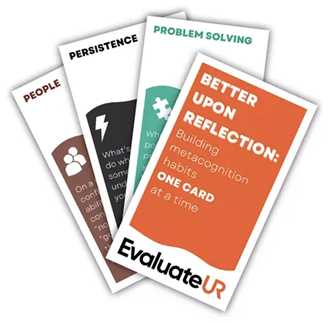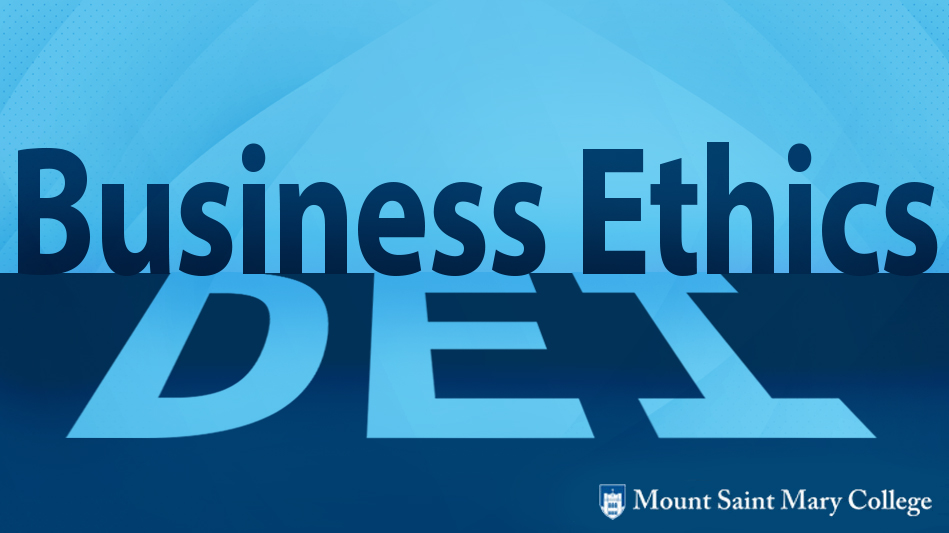| by Hillary Steiner, Kennesaw State University |
Downloadable |
Motivations and Context: Success in college requires the development of self-regulated learning strategies that move beyond high school skills, but teaching these strategies can be challenging. I teach a first-year seminar at a large comprehensive university that includes helping students develop college-level studying and time management skills among its goals. Knowing that students would be more likely to value these skills (and later, transfer these skills) if they were situated in context, I developed an assignment that requires students to practice self-regulated learning strategies—active reading, management of study time and achievement goals, proactive interaction with faculty, metacognitive reflection, and more—within the context of a student-selected course.
Assignment: In the Strategy Project assignment, students learn time management, communication, and study strategies in the process of preparing for an actual test. Students then demonstrate that learning by submitting their test preparation activities as part of a graded project in the first-year seminar.
First, students choose a test in another course that they find challenging. Then, they complete a contract, in consultation with their first-year seminar instructor, that indicates their individualized due dates and studying plans based on their chosen test. Students also write a pre-project reflection paper discussing their current approaches to studying and time management.
Next, the students complete a “professor interaction” activity where they visit the instructor of the chosen course to discuss a previous test or quiz, if applicable, and ask for advice about achieving success in that particular course. This portion of the project helps first-year students become comfortable interacting with their instructors and reinforces help-seeking behaviors. After this meeting, students develop a plan of study that outlines the strategies they will use to study for the test. This activity encourages effective time management and allows students to experience the benefit of study time that is distributed over several days.
Finally, the largest portion of the project requires students to complete a variety of metacognitive strategies such as textbook annotation, self-quizzing, concept-mapping, etc. Providing choices in strategies allows students to demonstrate metacognition by effectively matching studying techniques to their chosen test. After the test is graded and returned, students again complete a metacognitive reflection on the outcome of their studying habits in a short informal paper and presentation to the class.
Outcomes: For a number of years, I have studied the Strategy Project as a method for students to practice metacognition in an authentic, valuable context. I have used the project as a component in STEM learning communities that paired a first-year seminar with first-year STEM courses (e.g., Steiner, Dean, Foote, & Goldfine, 2016) as well as stand-alone first-year seminars (e.g., Steiner, 2016; 2017). Results from these studies have indicated that the project did raise awareness of, and encourage the use of, beneficial metacognitive strategies, and for most students, also increased their test scores in the chosen courses. One study’s preliminary findings (Steiner, 2017) also show a gain in self-reported metacognitive behaviors as measured by the Motivated Strategies for Learning Questionnaire (Pintrich, Smith, Garcia, & McKeachie, 1993). Anecdotally, students tell me that the Strategy Project was a powerful motivator to change high school habits that had become ineffective. Many students say that although they realized their strategies needed to change, without the incentive of a graded project, they would not have committed to changing their approaches. Students also have responded positively to learning more about metacognition in my first-year seminar (Steiner, 2014), suggesting that metacognition may be an important topic for others to address in similar seminars or “learning-to-learn” courses.
Lessons Learned and Future Directions: I continue to revise the Strategy Project yearly as I learn more from my students about its efficacy. To date, I mostly have used the Strategy Project in my own classroom. However, a colleague and I are planning a large-scale study of the Strategy Project which will compare the metacognitive gains made by students in sections of the first-year seminar that include the project versus those that do not. Because many faculty who teach the first-year seminar do not have a background in educational psychology, we will include professional development on metacognition and memory as part of the training. I look forward to continuing to revise the Strategy Project in light of others’ experiences using it. I would appreciate any feedback you or your students have on the effectiveness of this assignment in your own classroom.
References
Pintrich, P.R., Smith, D.A., Garcia, T., & McKeachie, W.J. (1993). Reliability and predictive validity of the Motivated for Learning Strategies Questionnaire (MSLQ). Education and Psychological Measurement, 53 (3), 801-814.
Steiner, H.H. (2017, March). Using a strategy project to promote self-regulated learning. Paper presented at the SoTL Commons Conference, Savannah, GA.
Steiner, H.H. (2016). The strategy project: Promoting self-regulated learning through an authentic assignment. International Journal of Teaching and Learning in Higher Education, 28 (2), 271-282.
Steiner, H.H.; Dean, M. L.; Foote, S.M; & Goldfine, R.A. (2016). The targeted learning community: A comprehensive approach to promoting the success of first-year students in general chemistry. In L.C. Schmidt & J. Graziano (Eds.), Building synergy for high-impact educational initiatives: First-year seminars and learning communities. Columbia, SC: National Resource Center.
Steiner, H.H. (2014). Teaching principles from cognitive psychology in the first-year seminar. E-Source for College Transitions, 11 (2), 14-16.



